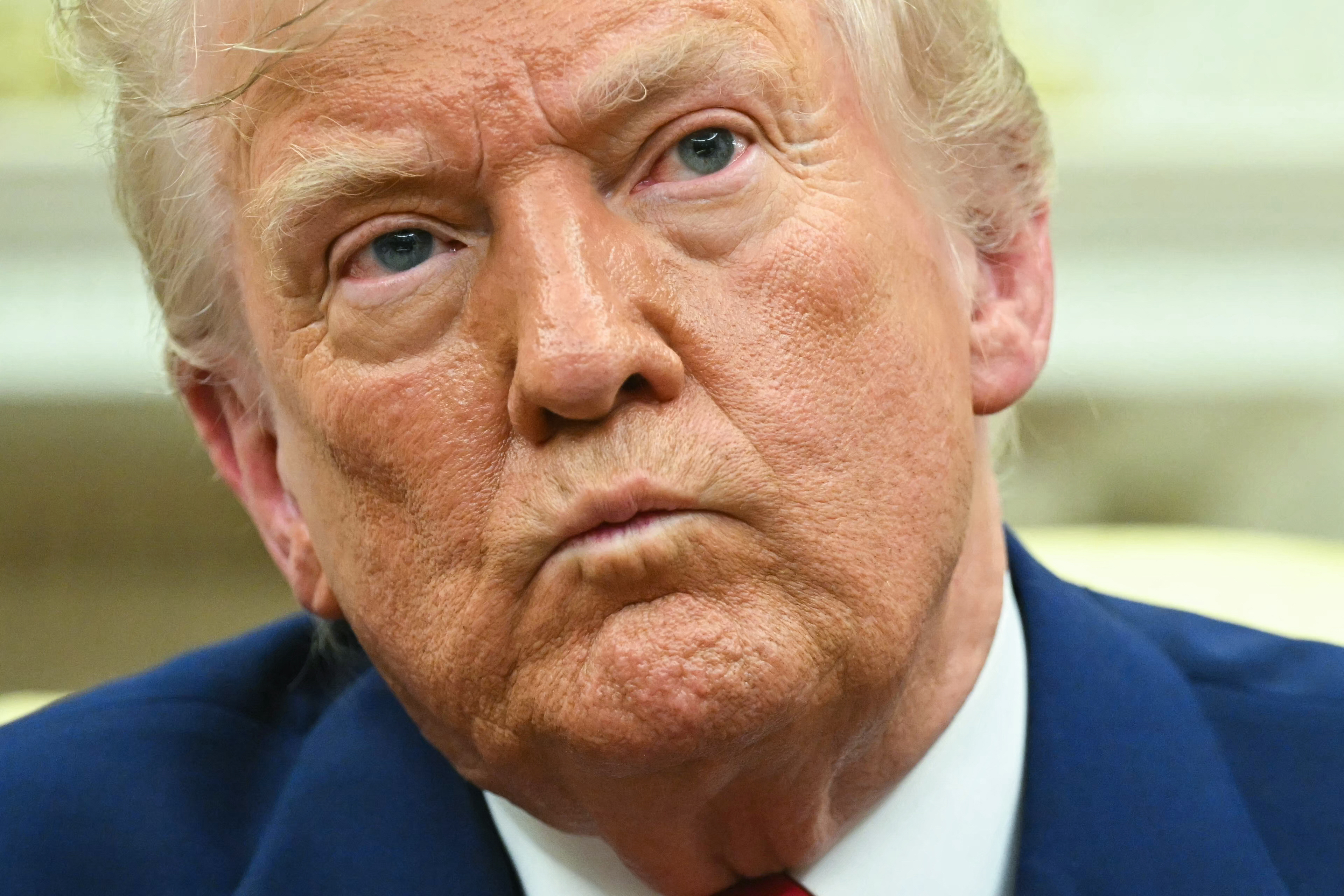Summary
German engine maker Deutz said it will fully pass Trump’s new 20% tariffs on EU imports to American customers through price hikes.
The move underscores warnings that tariffs act as consumer taxes and could raise inflation.
Trump claimed the tariffs as necessary to combat trade imbalances and protect U.S. manufacturing. However, EU officials, including Ursula von der Leyen, pushed for zero-for-zero tariff deals, but Trump rejected them.
The EU plans retaliatory tariffs by mid-April. Economists and officials warn of recession risks and disrupted supply chains.
That’s exactly how tariffs work. It’s always been how tariffs work. No company is going to lower profits if they don’t have to.
Some of them will end up with increased profits because Trump supporters are prepared to pay more. As we saw in the last inflation cycle, the incentive to exploit a crisis to increase margins is hard to ignore.
Yes and sometimes worse. When a market cannot bear a price increase, the product simply ceases to exist. E.g. a low end $800 bike would never sell at $1,600.
I think you need a more extreme number if you say the words “would never sell” because that is only double the price.
With the other inflation we’ve seen, especially for the price of eggs, and upcoming tariffs those kinds of changes are not unheard of.
Supply and demand would still say that there would be less products demanded and produced, but unless we are talking about specific branding, I would be surprised if supply or demand for any kind of product drops to zero.
Why wouldn’t a price that’s too high to pay prevent a product from selling? If demand of a product goes from 10,000 units to 10 units from the price shift, then it’s better to not develop and sell it. The rational move is to focus on the high end or custom-made products where you can have the margins necessary for low-volume to make sense. When it comes to low-end products, volume and throughput is the name of the game.
Want an example? How about this smart move by Framework stopping selling some of its cheapest laptops.
Surprise, surprise. If only somebody had predicted this…
I don’t understand. If Deutz sells something for $100, and the Americans pay an extra $20 in tariffs to their government for a total of $120, how will Deutz pass this back? Are they going to calculate how much their losses are and add a percentage to the price themselves? Or are they just going to be selling it for $120 themselves instead? (Which would make it cost $144 with tariffs)
Landed price to suppliers will be 20% higher and they will charge accordingly at the end user level.
So it’s just a punishment?
Always was.






